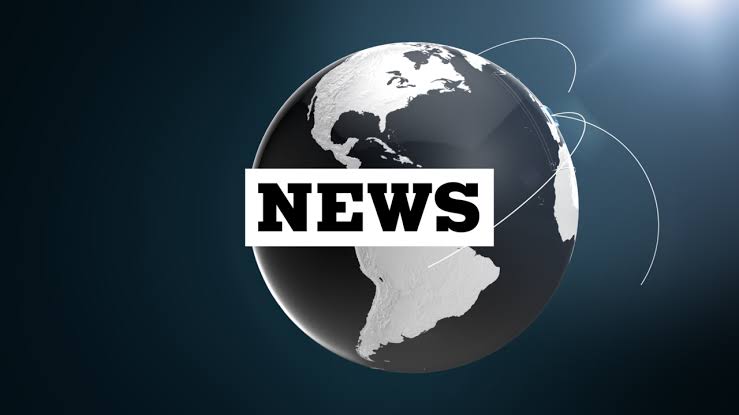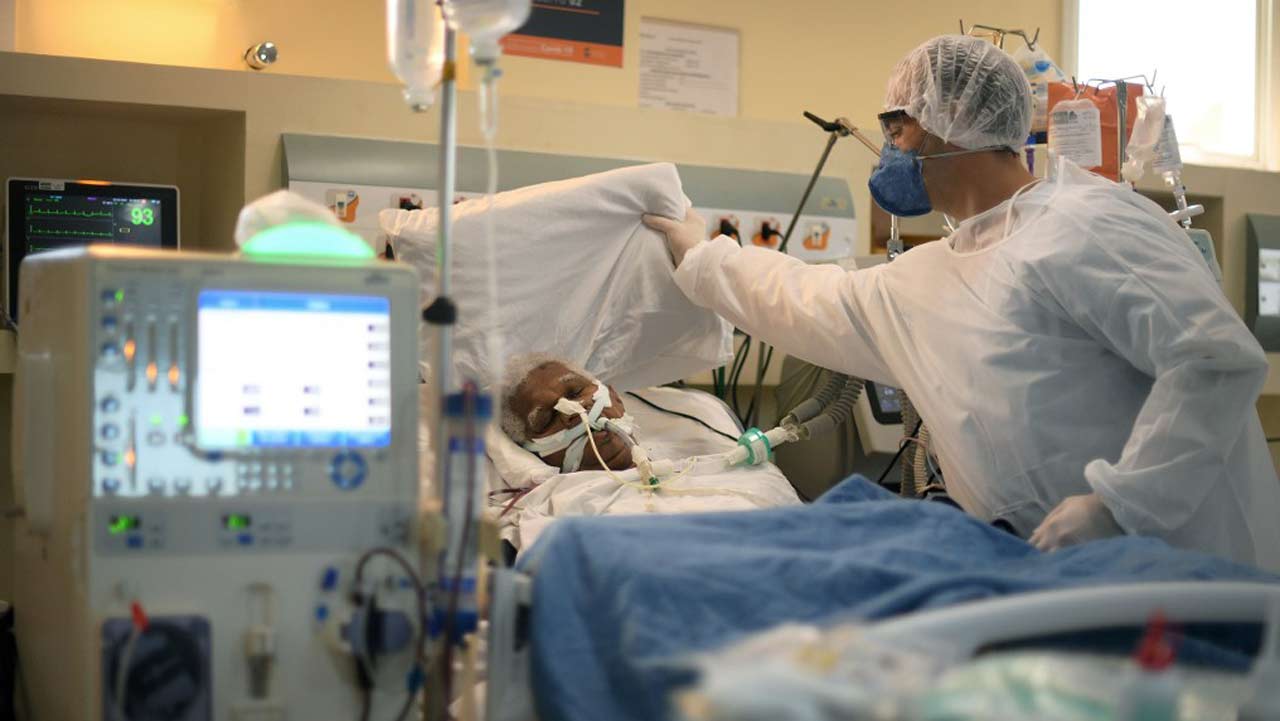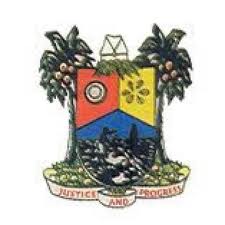As part of its commitment to improving access to healthcare in developing countries, Merck, a leading science and technology company is supporting the World Health Organisation, WHO, in the fight against schistosomiasis in Africa including Nigeria. Nigeria is currently the largest recipient of the Merck Praziquantel donation programme. Praziquantel is the most effective treatment for the parasitic worm disease schistosomiasis.
Merck has donated nearly 71,000,000 tablets to WHO for Nigeria and another 34 million will follow by the end of this year. Just recently, the company opened an office in Lagos, HealthFeatures however spoke to the Vice Chairman, Executive Board & Deputy Chief Executive Officer of Merck, Stefan Oschmann on the company’s plans for the country’s health sector. He said their core plans is to ensure that medicines are available at lower prices in public health institutions,assist Nigeria combat Schistosomiasis disease and drug counterfeit.
Excerpts:
Our plans for Nigeria
 We have developed what we call Africa Strategy Development Parameters such as demographic, economic growths and we have come to a conclusion that Africa is the most vibrant growth area in the world, and the congregates of all African economy might be the next like China and we want to be part of this.
We have developed what we call Africa Strategy Development Parameters such as demographic, economic growths and we have come to a conclusion that Africa is the most vibrant growth area in the world, and the congregates of all African economy might be the next like China and we want to be part of this. We have opened our office in Lagos and we have had sessions with different political stakeholders in Abuja last week on Universal Health Coverage and how Nigeria can make progress in the area of healthcare and also we are working on our core responsibility project and the most important one that we have is to combat Schistosomiasis, a disease that is very prevalent in Nigeria. Only this year, we donated 35 million tablets to Nigeria healthcare system so that most school children can be treated.
It is a terrible disease many children have died, many cannot go to school, and have retarded development and this can be solved. Nigeria is one of the countries that have made rapid progress in treating this disease.
Nigeria health sector
We are trying to be partner in solving the problems. We have just presented a new technology system that can make a big impact on HIV diagnosis and treatment. It can also be applied to other diseases. We will also contribute in the fight against counterfeit medicine which is a big problem in Nigeria and many other countries. We are also doing capacity advanced programmes in the so called Non Communicable Diseases, NCDs, in Nigeria and other African countries.
Healthcare systems in Nigeria and other African countries have been focused on infectious diseases such as HIV, malaria, tuberculosis among others, neglecting other tropical diseases. The NCDs such as cardiovascular disease, diabetes, respiratory disease and mental health is becoming more important. We have been working with academic institutions so that medical students can train better in areas such as diabetes.
We are also getting involved in local communities so that they can do better in early detection of such diseases and to also work on lifestyle changes because many of these diseases can be prevented without drugs. It can be tackled with simple lifestyle changes. And if detected early it can be treated very well.
The issue of drug distribution is another challenge. For medicine, supply chain is very important; some problems with theft need to be addressed. We believe Nigeria is making progress in the area of counterfeit and we are optimistic about the future.
Currently, Nigeria is struggling with pollution, inequality, crime and corruption but a company that is active on a global scale must be able to deal with these. We have been working on compliant scheme. It is very important that our employees understand compliant in today’s world.
Access to quality medicine
Our industry needs to make sure that we adapt our business model so that we can make medicines available at prices that can guarantee access. We need to do public private partnerships.
We need to join forces with Nigerian players to make medicines more affordable. We need to work on supply chain, security and reliability. We need to make sure that medicines are being safely distributed to the people that needs them. In some areas like neglected tropical diseases, we need to work with social responsibility programmes and donate medicines because the very poor cannot afford every cheap medicine.
We are thinking of making drugs available at much lower prices in public health systems and charge regular prices in private institutions for those that can afford it. Such programme is already on in countries like Ghana. We are working on malaria, we are developing technology for important diagnostic parameters in malaria. We have also developed insect repellent that can be used on insect and combat malaria. But we are mostly active in the field of diabetes, hypertension, typhoid disorders as well as cancer.
By: Chioma Obinna
Vanguard News
ABUJA: Training Schedule for Basic Life Support BLS, Pediatric Advanced Life Support (PALS), Advanced Cardiovascular Life Support ACLS, First Aid, CPR, AED
PORTHARCOURT: Training Schedule for Basic Life Support BLS, Pediatric Advanced Life Support (PALS), Advanced Cardiovascular Life Support ACLS, First Aid, CPR, AED
LAGOS: Training Schedule for Basic Life Support BLS, Pediatric Advanced Life Support (PALS), Advanced Cardiovascular Life Support ACLS, First Aid, CPR, AED




